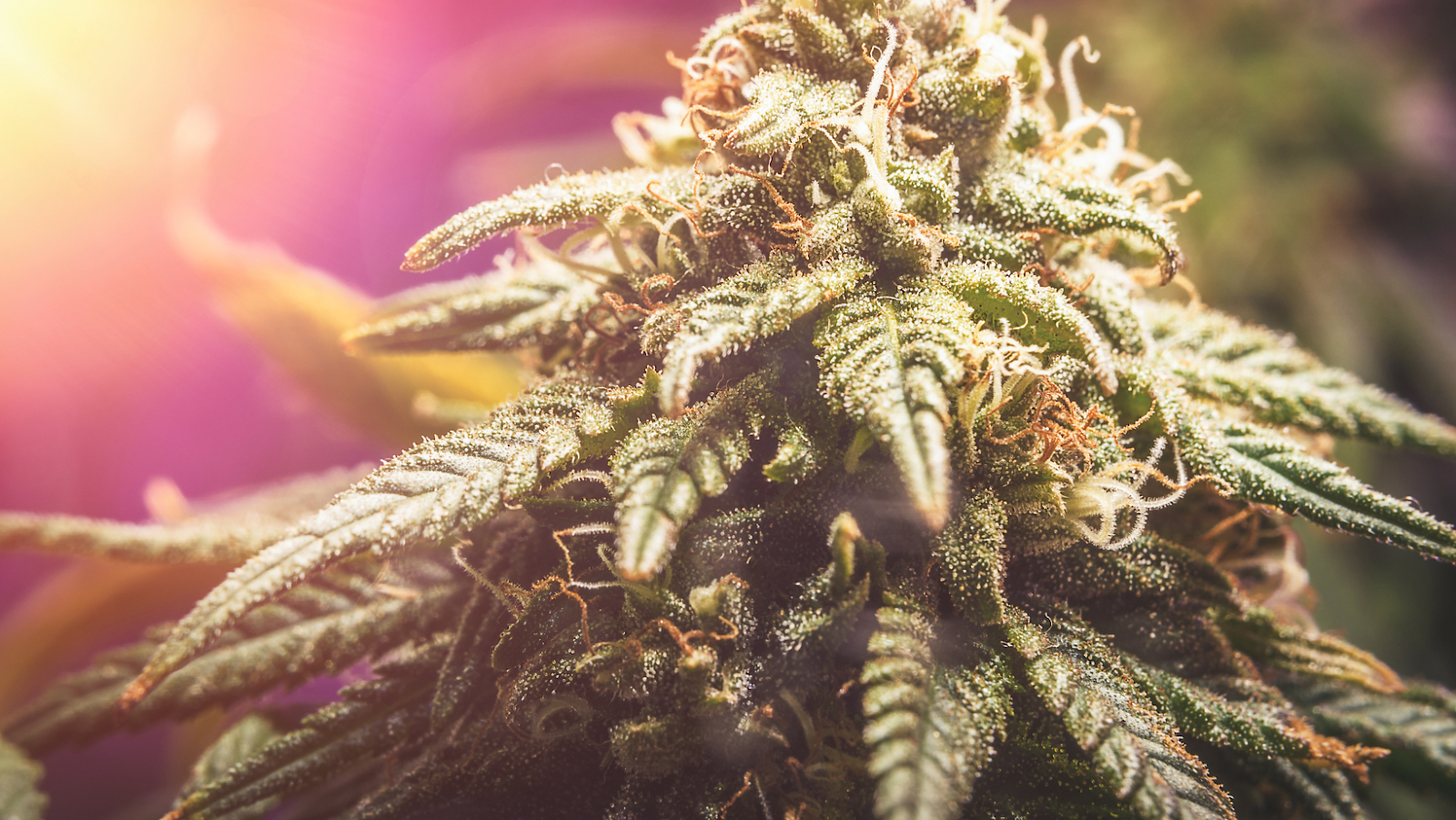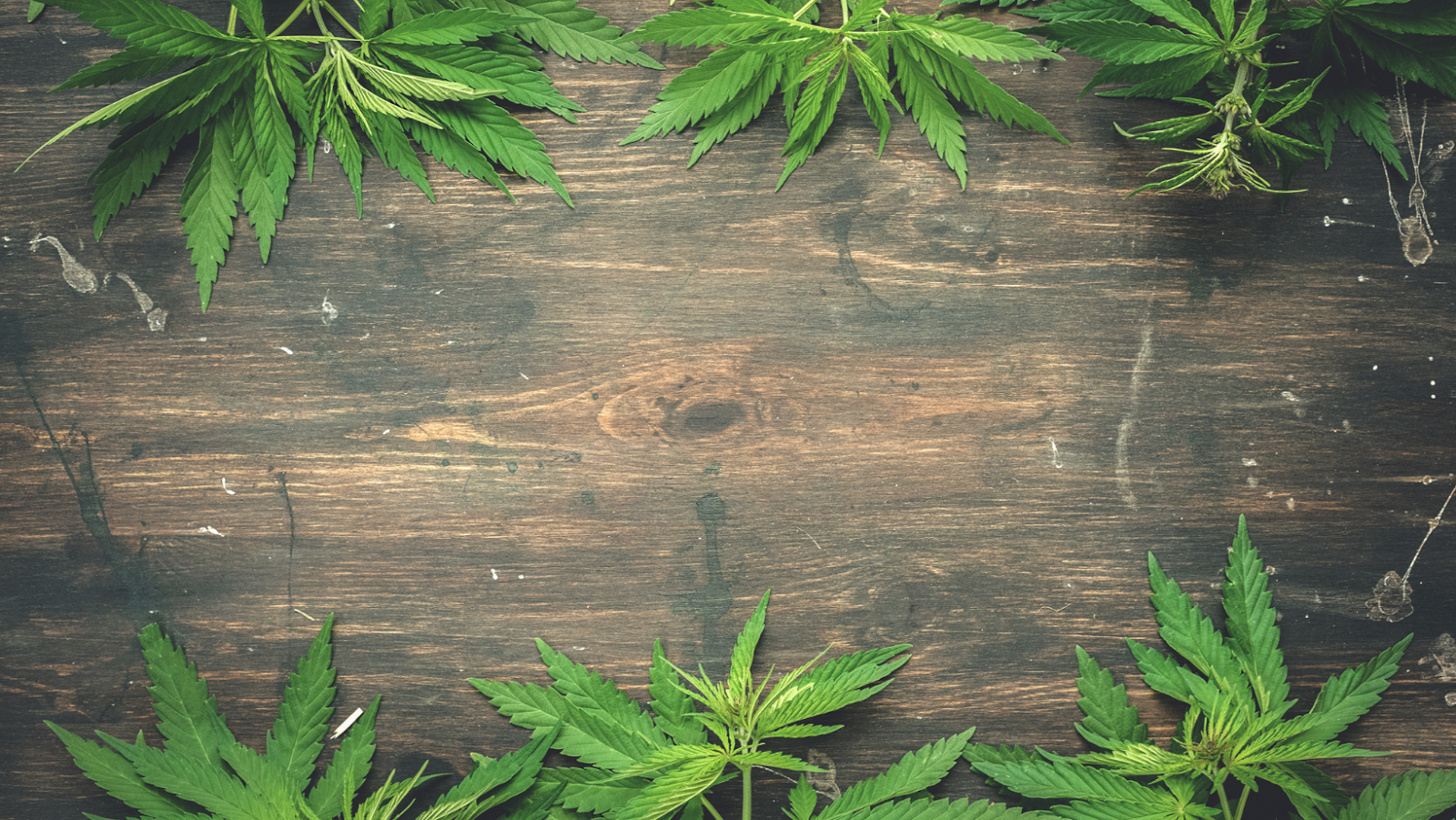Most people who enjoy a drink or two are pretty familiar with the nasty after-effects alcohol has when you wake up the next day. The question is, does weed have similar effects? One of the few studies on the topic suggests that cannabis, in fact, has a hangover, but it’s not similar to or as adverse as the alcohol hangover.
Marijuana users report mild hangovers, especially after heavy use. Though, how bad the after-effects are may depend on your health and level of tolerance. Some of the symptoms of marijuana hangover may include:
● Mild nausea
● Fatigue
● Drowsiness
● Mental Fog
● Lightheadedness
● Dry mouth
Preventing Cannabis Hangover

It’s one thing to fight weed hangover and another to prevent it from occurring in the first place. If you want to get rid of the hangover every time it happens, there are many remedies you can try. As you can probably guess, you’ll need to be more cautious if you want to avoid the after-effects of using the drug altogether. This post highlights five of the best ways to prevent a cannabis hangover.
1. Use Strains with Mild Effects
There was a time when using weed meant smoking anything available from the dealer across the street. The fact that cannabis is now legal in many parts of the country has led to more research and a deeper understanding of the plant’s components and how they affect you.
A visit to your local marijuana dispensary will help you learn more about cannabis strains. Veriheal goes into detail with an article on indica, sativa, and hybrid strains if you wish to know more about the effects related to these classifications. Simply put, strains with high THC levels and low CBD content tend to have strong effects. You may want to try low-THC strains rich in CBD to avoid a cannabis hangover.
2. Drink Plenty of Water
Staying hydrated gives your body the power to function at its best because it’s good for your general health. If you’re not hydrating, you’re doing yourself a disservice. Smoking or eating cannabis edibles may not leave you dehydrated, but if you’re not drinking enough water, you’re not giving your body what it needs to combat unpleasant symptoms like hangovers. Avoid a cannabis hangover by drinking plenty of water before and after consumption. Symptoms like dry mouth and headaches tend to occur and get worse when you’re dehydrated.
3. Avoid Using on an Empty Stomach
Much like staying hydrated, it’s important to eat when using powerful substances like marijuana. Food doesn’t directly affect weed unless you’re ingesting edibles which may react with certain nutrients in the food.However, if you smoke weed on an empty stomach, there’s a high chance that it’ll overpower you, resulting in stronger after-effects that can leave you feeling terrible the following day.
4. Minimising Your Use

Moderation is vital when it comes to many things in life, and weed certainly requires it. Without moderation, you risk dependence and other negative effects like hangovers. While marijuana typically has mild after-effects when you get out of bed the next day, heavy use can increase the intensity of these symptoms.It’s important to know your limits and try not to go beyond what you can handle. Our advice is to find a comfortable high and stick with it. Pushing the envelope will do more harm than good. Avoiding over-consumption of weed also means reducing the frequency of your use. Continuous use without meaningful breaks makes you more tolerant, leading to more use to sustain the same effects.
5. Don’t Mix with Other Substances
One of the most dangerous forms of substance abuse is taking multiple substances at the same time. When you mix drugs, you pave the way for certain reactions that can be harmful. At the moment, alcohol has become a popular accompaniment for weed. The problem is that taking weed with something else increases the risk of severe after-effects. The issue of mixing drugs isn’t restricted to psychoactive substances. Common medications can also react with weed if you take them simultaneously.
Conclusion
If you constantly experience weed hangovers, you’re probably overusing the drug. If that’s not the case, you may want to consult your doctor to rule out potential health problems that can make the use of marijuana harmful.



